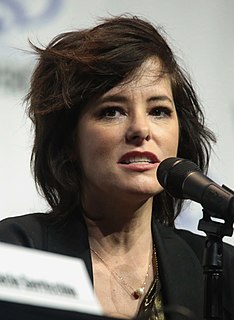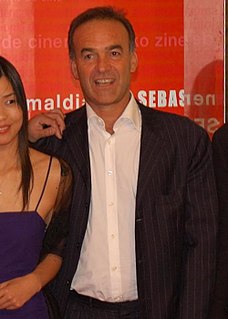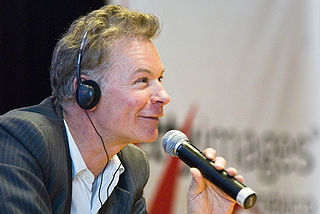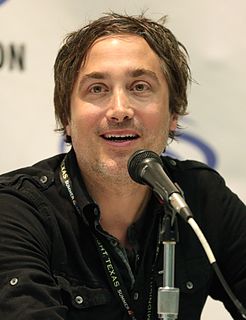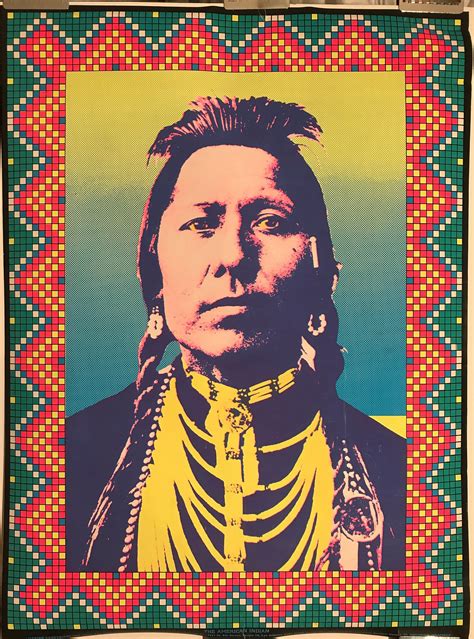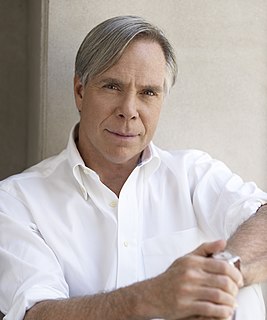A Quote by Imran Amed
Look at the way sports, music and film have become driving forces of popular culture. Fashion is the fourth pillar.
Related Quotes
Music documentaries are hard to tell, but I think they're an amazing vehicle to look at racism, our attitude to sex, the way we judge drugs. There's the ability to get a big audience because of these incredible, iconic, charismatic people. You can look at a number of issues - the challenge is to make sure you choose something that has all those issues. Popular music is like a mirror of culture, of who we are.
Many things have changed in our culture here in England as a direct result of the Pistols: the whole street-fashion thing in London, for example, or the coverage of popular culture in the national press, or the fact that the film industry is now about young people making films about young British issues.
If we're having a glitzy over-the-top moment, fashion is very glitzy and over-the-top, you know, over-the-top. If we're having a moment where things are, you know, we're in a recession, fashion becomes quiet. So, in terms of popular culture, fashion and especially women's fashion is incredibly interesting, aside from satisfying just a particular need to create and arrange things in a way that one sees as beautiful. And so, in a certain way, it's fulfilling. In another way, it's very fleeting because it doesn't last very long. You know, a beautiful moment in fashion goes away very quickly.
I’ve always thought that if comics are a part of pop culture [then] they should reflect pop culture, but a lot of the time comics, superhero comics especially, just feed on themselves. For me, comics should take from every bit of pop culture that they can; they’ve got the same DNA as music and film and TV and fashion and all of these things.
I think fashion is probably one of the most accessible and immediate forms of visual culture. In 1978, when I realized that I wanted to work on fashion, I had gone to Yale to get my Ph.D. in European cultural history. I suddenly realized fashion's part of culture, and I can do fashion history. All my professors thought this was a really bad idea, that fashion was frivolous and unimportant. And, increasingly over time, people have recognized that it provides such a mirror to the way we think, our values and attitudes.




